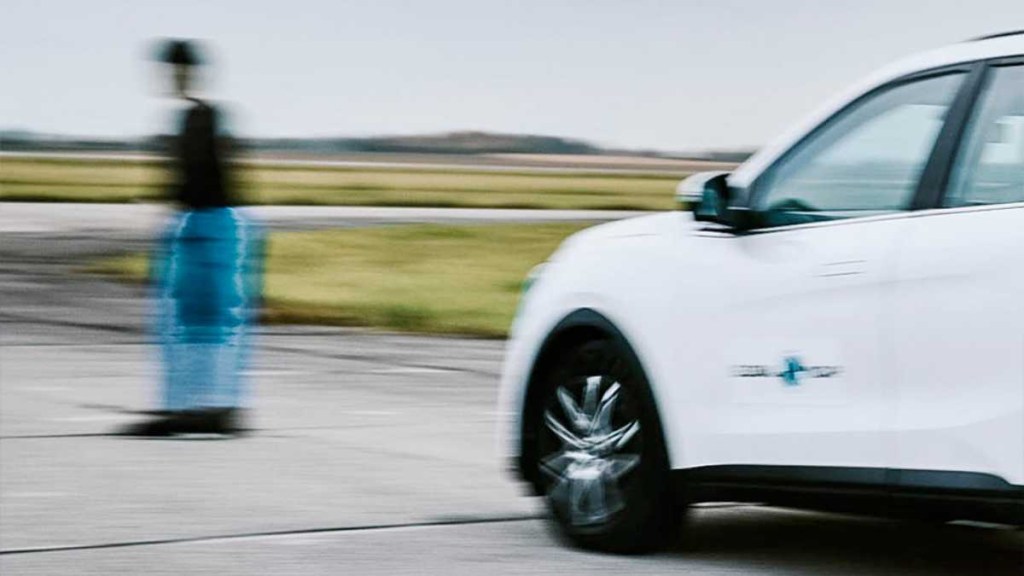Safety is a key concern in many parts of the world, and carmakers are addressing the issue along with associated bodies such as Global NCAP to identify safety issues and address them. Global NCAP (GNCAP) has been a key asset in evaluating new cars and how safe they are for consumers, however, now, the assessment agency is urging fleet operators to choose safer cars for their employees.
Corporate fleet asked to use safer vehicles — But why?
GNCAP has released an updated FleetSafe guide, which has identified that work-related accidents account for one-third of global road deaths. This is a significant risk faced by employees worldwide. The revised guidelines help fleet owners and operators to make better choices with the vehicles they choose.
GNCAP also pointed towards two-wheelers and their safety, especially for a country like India, as 44 percent of road fatalities are two-wheelers. David Ward, President Emeritus of GNCAP, suggests that anti-lock brakes (ABS) need to be mandatory for all motorcycles capable of speeds above 50 kmph and ABS needs to be mandatory for two-wheelers above 50cc.
After GNCAP started an assessment program specifically for India, the country now has its own safety testing agency — Bharat NCAP (BNCAP). Ever since the assessment program started, many made-in-India vehicles have earned a five-star safety rating and as per the latest developments, the body wants to start testing trucks and heavy vehicles soon.
“The Ministry of Roadways is working on a law to determine the working hours for truck drivers. At present they drive for 13-14 hours a day. As the country is facing a shortage of truck drivers, the govt also plans to set up 32 state-of-the-art driving institutes across the country. Airconditioning of driver compartments has already been mandatory by the ministry. Advanced Driver-Assistance system (ADAS) to assist drivers has also been made mandatory,“ said Nitin Gadkari, Union Minister for Road Transport and Highways.
